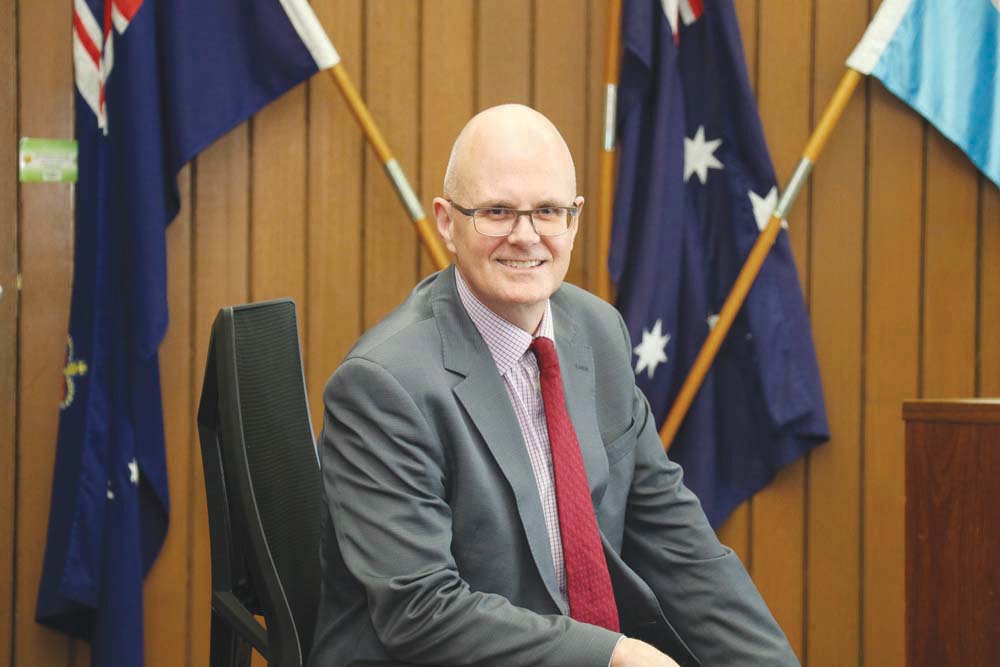
THE process undertaken to act on changes to Frankston’s Green Wedge management plan has been referred to an audit for review.
On 14 October last year, Frankston councillors voted to reject a proposal to open up Green Wedge land in Carrum Downs to allow for the expansion of the industrial estate. More than three months later, a new motion was brought before council seeking to reverse that decision.
Although the renewed push to open up Green Wedge land failed, councillors at the meeting expressed concern that their previous resolution to authorise council officers to write to the planning minister about the green wedge management plan had not been acted on.
Last week, a council statement acknowledged that there had been a “failure to enact the implementation of council’s October 2019 Green Wedge resolution in a timely manner”. The statement read that “an error in the process for making the short stay accommodation local law” had also occurred.
Council CEO Phil Cantillon said that “to address councillors’ concerns, and ensure good governance and transparency, these matters will be referred to the audit and risk committee for full review and oversight.”
“Councillors and the executive team are working to develop a robust approach to improving transparency and accountability across the organisation, to ensure we are achieving not just good, but exceptional governance outcomes,” Mr Cantillon said.
Frankston’s audit and risk committee comprises six members, with three being councillors. Cr Colin Hampton, who was behind the recent motion to reconsider opening up the Green Wedge, is a member of that committee.
In December, state government appointed monitor Prue Digby handed down her report into Frankston Council’s governance. “Following Ms Digby’s report, council is required to provide a written submission to the minister for local government outlining its commitment and actions taken to address the monitor’s recommendations listed in the report, of which the need to strengthen governance is one,” Mr Cantillon said.
Cr Quinn McCormack was among the councillors who shared their concerns about council’s processes at their 28 January meeting. “How can we have confidence in our governance if one councillor can hold up a resolution for three months,” she asked (“Industrial expansion rejected again”, The Times, 3/2/2020).
The statement provided by council also read that “following council’s endorsement of the short stay rental local law in January, council officers identified an oversight whereby a requirement for a public notice to be included in the Victoria Government Gazette at the commencement of the consultation process was missed.”
The new local law would introduce measures to punish owners of short stay rental properties whose guests cause trouble and make noise. Owners will be charged an annual registration fee of $150, with a penalty of up to $2000 for those who fail to register. If three substantiated complaints or one severe complaint is made to council in regards to a property, owners face cancellation of their registration (“Crackdown on noise complaints”, The Times, 10/2/20).
The introduction of that law has hit a stumbling block, and faces a further delay due to council’s failure to provide that public notice.
Mr Cantillon said “the result of this is that council is required to consult with the community on the proposed local law for a further term of 28 days, and take into consideration any further public submissions received during this time.”
“This is an unfortunate outcome, particularly given the high level of community engagement undertaken to get to this point. However, I am committed to ensuring our governance processes safeguard against any future reoccurrence,” he said.
Mr Cantillon plans to make a public statement about council’s recent governance issues at their 17 February public meeting.
